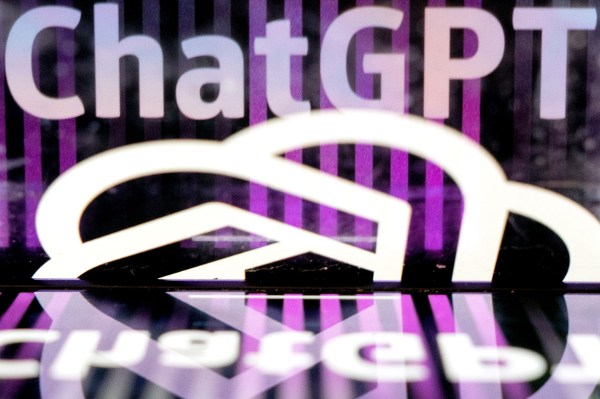

OpenAI says it plans to offer a new subscription tier for ChatGPT, its viral AI-powered chatbot, tailored to the needs of enterprise customers.
Dubbed ChatGPT Business, OpenAI describes the upcoming offering as “for professionals who need more control over their data as well as organizations looking to manage their end users.”
“ChatGPT Business will follow our API data usage policies, which means no end-user data will be used to train our models by default,” OpenAI wrote in a blog post today. “We plan to make ChatGPT Business available in the coming months.”
OpenAI previously telegraphed that it was exploring additional paid plans for ChatGPT as the service grows rapidly. (The first subscription tier, ChatGPT Plus, launched in February at $20 per month.) According to one source, ChatGPT is estimated to have reached 100 million monthly active users in January just two months after its launch—making it the fastest-growing consumer app in history.
To explore potential new revenue lines, OpenAI launched plug-ins for ChatGPT in March, which extend the functionality of the bot by giving it access to third-party knowledge sources and databases, including the web.
Despite the controversy and several bans, ChatGPT has proven to be a publicity win for OpenAI, garnering attention from mainstream media and posting countless memes on social media. But it is an expensive service to run. According to Sam Altman, co-founder and CEO of OpenAI, ChatGPT’s operating expenses are “staggering”, amounting to a few cents per chat in total computing costs.
In addition to ChatGPT Business, OpenAI today announced a new feature that allows all ChatGPT users to turn off chat history. OpenAI says conversations started when chat history is disabled will not be used to train and improve OpenAI models and will not appear in the history sidebar. But it will be kept for 30 days and will be reviewed “as needed to monitor for abuse.”

New privacy features for ChatGPT users have emerged — perhaps intended to allay regulators’ concerns.
ChatGPT data can also be exported as of today. Users can request that their data be sent in a file to the email address associated with their OpenAI account.
The new capabilities come as regulatory scrutiny grows on OpenAI’s data practices. Italy last month banned ChatGPT for potential privacy violations, alleging that OpenAI illegally processed people’s data and failed to implement a system to prevent minors from accessing ChatGPT. France and Spain as well as Germany have also begun examining OpenAI and its commercial services, with a focus on ChatGPT’s compliance with the GDPR.
